Microsoft wants to help customers improve sustainability, so it’s betting on its Copilot AI assistant to help them reach targets
Microsoft said customers can leverage its Copilot AI assistant to gain detailed insights on sustainability metrics throughout their journey to net zero

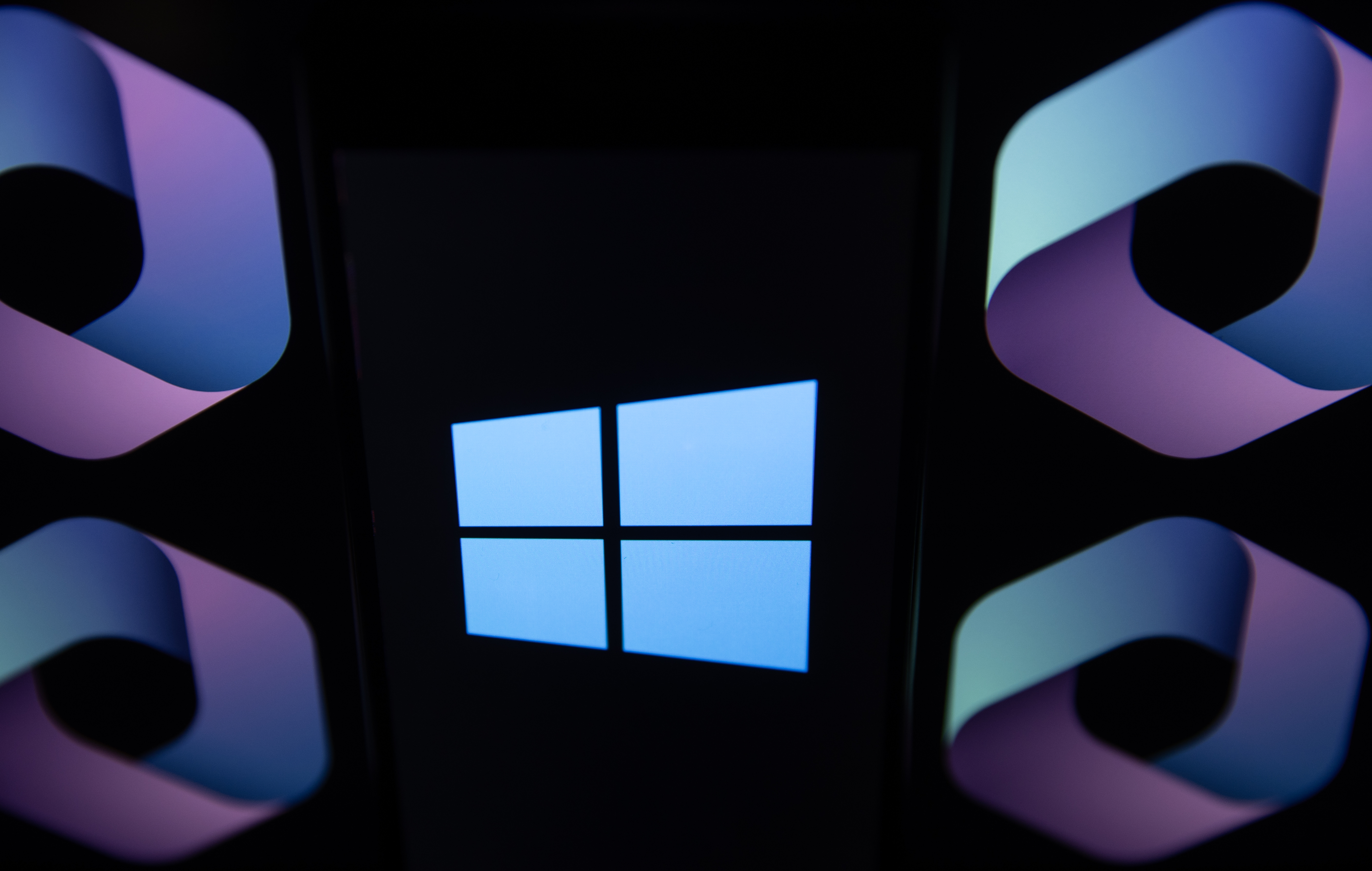
Microsoft has announced the launch of new AI-powered sustainability tools for customers aiming to reduce their environmental impact and achieve net zero targets.
The Copilot in Microsoft Sustainability Manager service, which is now available in preview, allows organizations to use natural language queries to gain vital insights into sustainability data.
As part of the service, users can ask Copilot to analyze environmental data, for example, or request insights into how their organizations can unlock “reduction opportunities” for water usage or their carbon footprint.
The company said the service will also allow users to draft sustainability reports, which in turn will help reduce time and “free up resources” to focus on other priorities.
Alongside the Copilot launch, Microsoft unveiled another service, dubbed Intelligent Insights in Microsoft Sustainability Manager. Also in preview, this will allow organizations to get an “integrated and interactive AI model enabling deeper analysis of calculated emissions data”.

Using this tool, customers will be able to scan their organizations’ data to identify both short and long-term reduction opportunities and cut their carbon footprints.
The move from Microsoft is the latest attempt by the company to deliver Copilot experiences across its core product offerings.
Sign up today and you will receive a free copy of our Future Focus 2025 report - the leading guidance on AI, cybersecurity and other IT challenges as per 700+ senior executives
In providing the new sustainability tools, the firm said it hopes to simplify and accelerate sustainability efforts among customers, helping to reduce workloads for staff focused on driving the delivery of key environmental targets.
“As global sustainability progress becomes more pressing, organizations need tangible, transformative solutions to help them move forward faster,” Microsoft said in a statement.
RELATED WHITEPAPER

“Most have not progressed as much as they’d like.”
Research from Microsoft and Kyndryl last year found that while 85% of executives report that sustainability is “strategically important” to their company, only 16% have actively integrated sustainability goals into their business strategies.
The use of technologies such as artificial intelligence (AI) to support sustainability efforts has been growing, the study found. Six-in-ten organizations told Microsoft they use AI to monitor energy use, for example, yet only 34% use current data to predict future energy consumption.
Microsoft is all in on AI-powered sustainability efforts
This isn’t the first Microsoft service aimed at improving sustainability among customers, however.
In May 2023, it unveiled Microsoft Fabric, an end-to-end analytics SaaS platform that allows users to collate enterprise data - including ESG data - and reduce their organizations’ environmental impact.
“With Microsoft Fabric, your teams can connect to data from anywhere, uncover insights using AI-powered analytics tools in a unified experience, and embed those insights in the applications your people use every day to drive action and improve decision-making.
“Now in preview, sustainability data solutions in Microsoft Fabric allows organizations to accelerate their time to insights and sustainability progress by providing out-of-the-box ESG data models, connectors and reporting,” Microsoft said.
Using the service, customers will be able to connect ESG data with Microsoft Fabric and “turn volumes of sustainability data into meaningful insights”, the firm added.

Ross Kelly is ITPro's News & Analysis Editor, responsible for leading the brand's news output and in-depth reporting on the latest stories from across the business technology landscape. Ross was previously a Staff Writer, during which time he developed a keen interest in cyber security, business leadership, and emerging technologies.
He graduated from Edinburgh Napier University in 2016 with a BA (Hons) in Journalism, and joined ITPro in 2022 after four years working in technology conference research.
For news pitches, you can contact Ross at ross.kelly@futurenet.com, or on Twitter and LinkedIn.
-
 Will autonomous robotics leap forward in 2026?
Will autonomous robotics leap forward in 2026?In-depth Connectivity and cost benefits remain barriers, despite breakthroughs in physical AI
-
 AWS and NTT Data team up to drive legacy IT modernization in Europe
AWS and NTT Data team up to drive legacy IT modernization in EuropeNews Partnership between AWS and NTT DATA aims to boost AWS European Sovereign Cloud capabilities
-
 If Satya Nadella wants us to take AI seriously, let’s forget about mass adoption and start with a return on investment for those already using it
If Satya Nadella wants us to take AI seriously, let’s forget about mass adoption and start with a return on investment for those already using itOpinion The Microsoft chief said there’s a risk public sentiment might sour unless adoption is distributed more evenly
-
 Satya Nadella says a 'telltale sign' of an AI bubble is if it only benefits tech companies – but the technology is now having a huge impact in a range of industries
Satya Nadella says a 'telltale sign' of an AI bubble is if it only benefits tech companies – but the technology is now having a huge impact in a range of industriesNews Microsoft CEO Satya Nadella appears confident that the AI market isn’t in the midst of a bubble, but warned widespread adoption outside of the technology industry will be key to calming concerns.
-
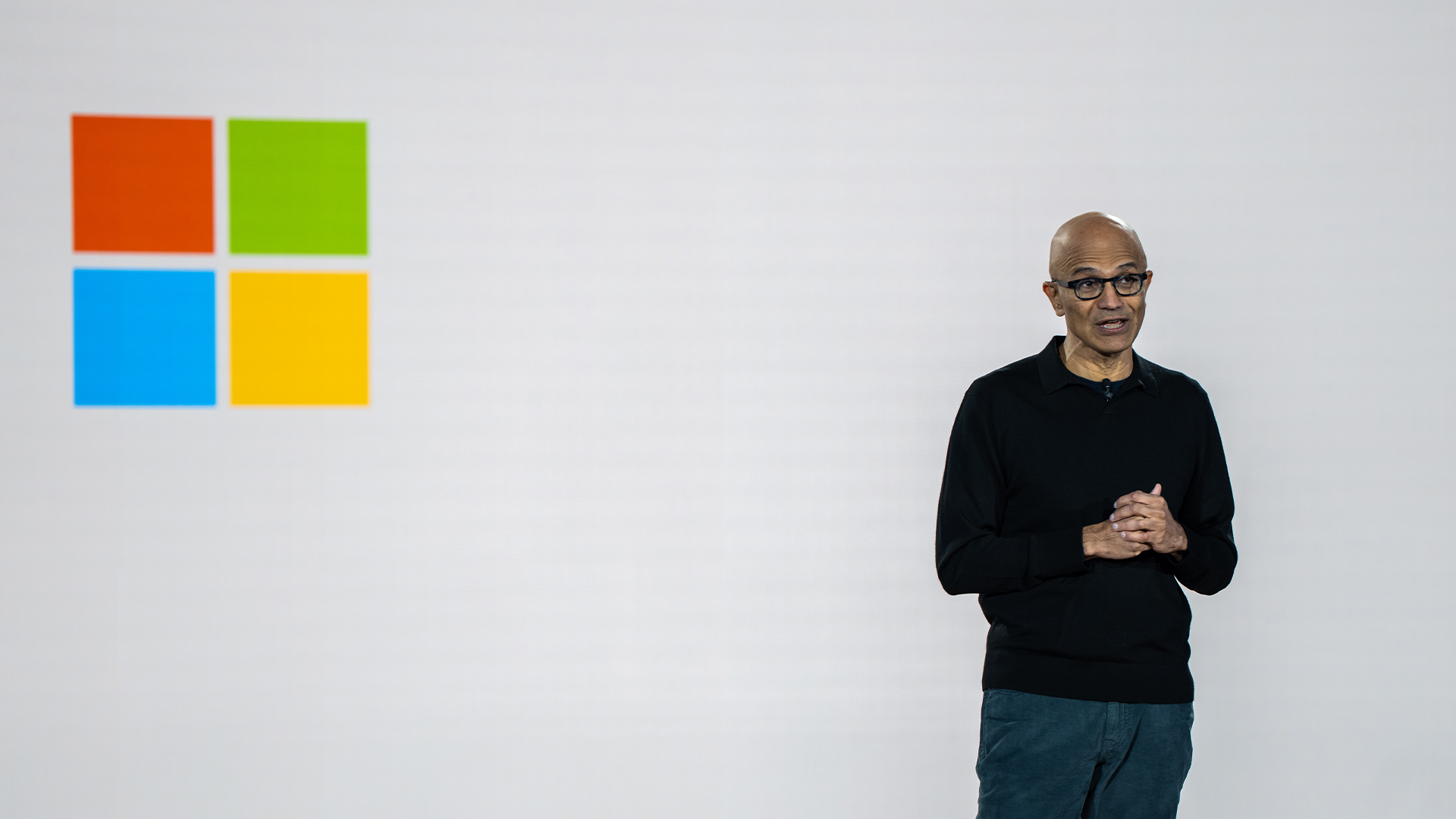 Microsoft CEO Satya Nadella wants an end to the term ‘AI slop’ and says 2026 will be a ‘pivotal year’ for the technology – but enterprises still need to iron out key lingering issues
Microsoft CEO Satya Nadella wants an end to the term ‘AI slop’ and says 2026 will be a ‘pivotal year’ for the technology – but enterprises still need to iron out key lingering issuesNews Microsoft CEO Satya Nadella might want the term "AI slop" shelved in 2026, but businesses will still be dealing with increasing output problems and poor returns.
-
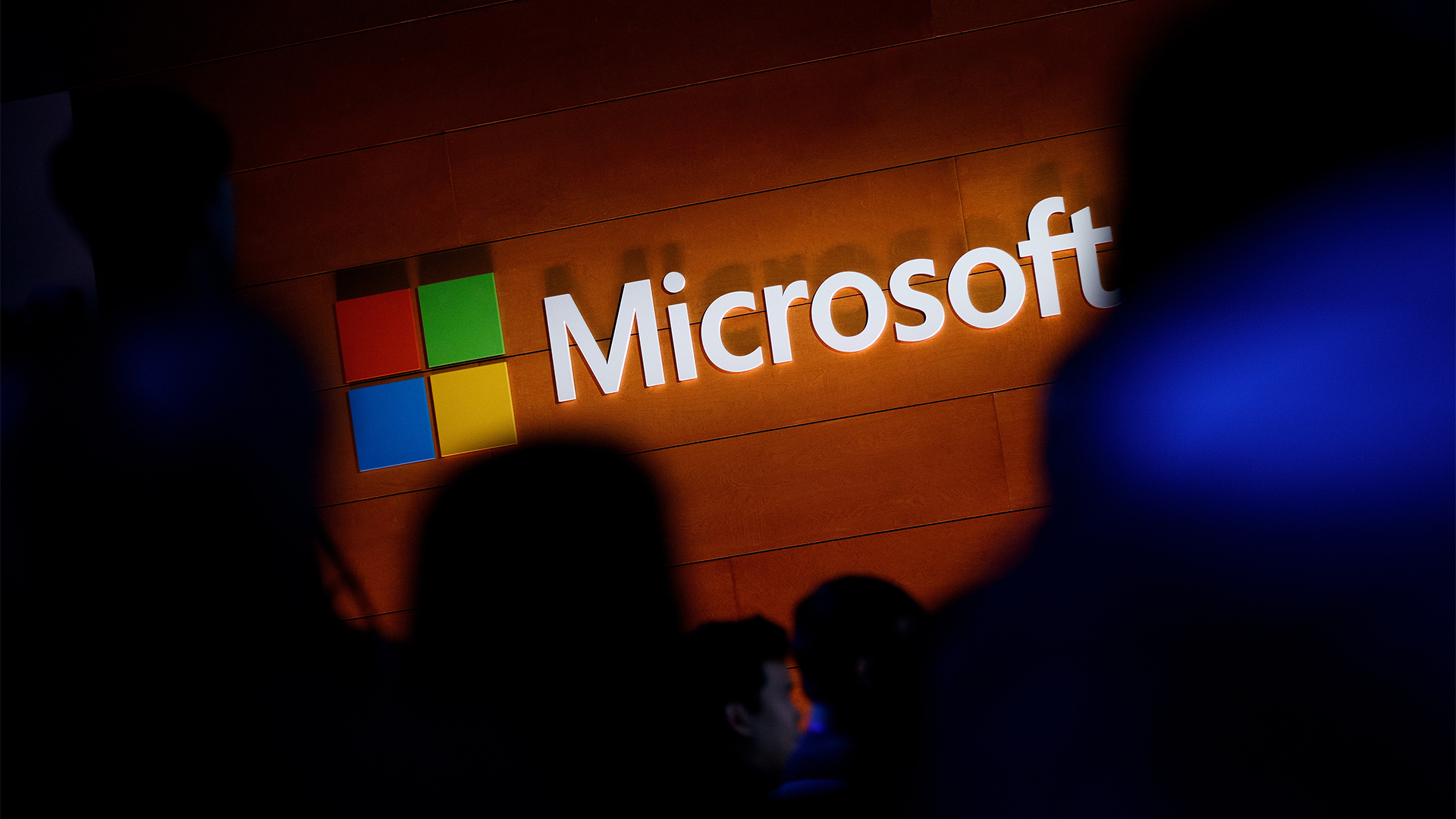 Microsoft quietly launches Fara-7B, a new 'agentic' small language model that lives on your PC — and it’s more powerful than GPT-4o
Microsoft quietly launches Fara-7B, a new 'agentic' small language model that lives on your PC — and it’s more powerful than GPT-4oNews The new Fara-7B model is designed to takeover your mouse and keyboard
-
 Microsoft is hell-bent on making Windows an ‘agentic OS’ – forgive me if I don’t want inescapable AI features shoehorned into every part of the operating system
Microsoft is hell-bent on making Windows an ‘agentic OS’ – forgive me if I don’t want inescapable AI features shoehorned into every part of the operating systemOpinion We don’t need an ‘agentic OS’ filled with pointless features, we need an operating system that works
-
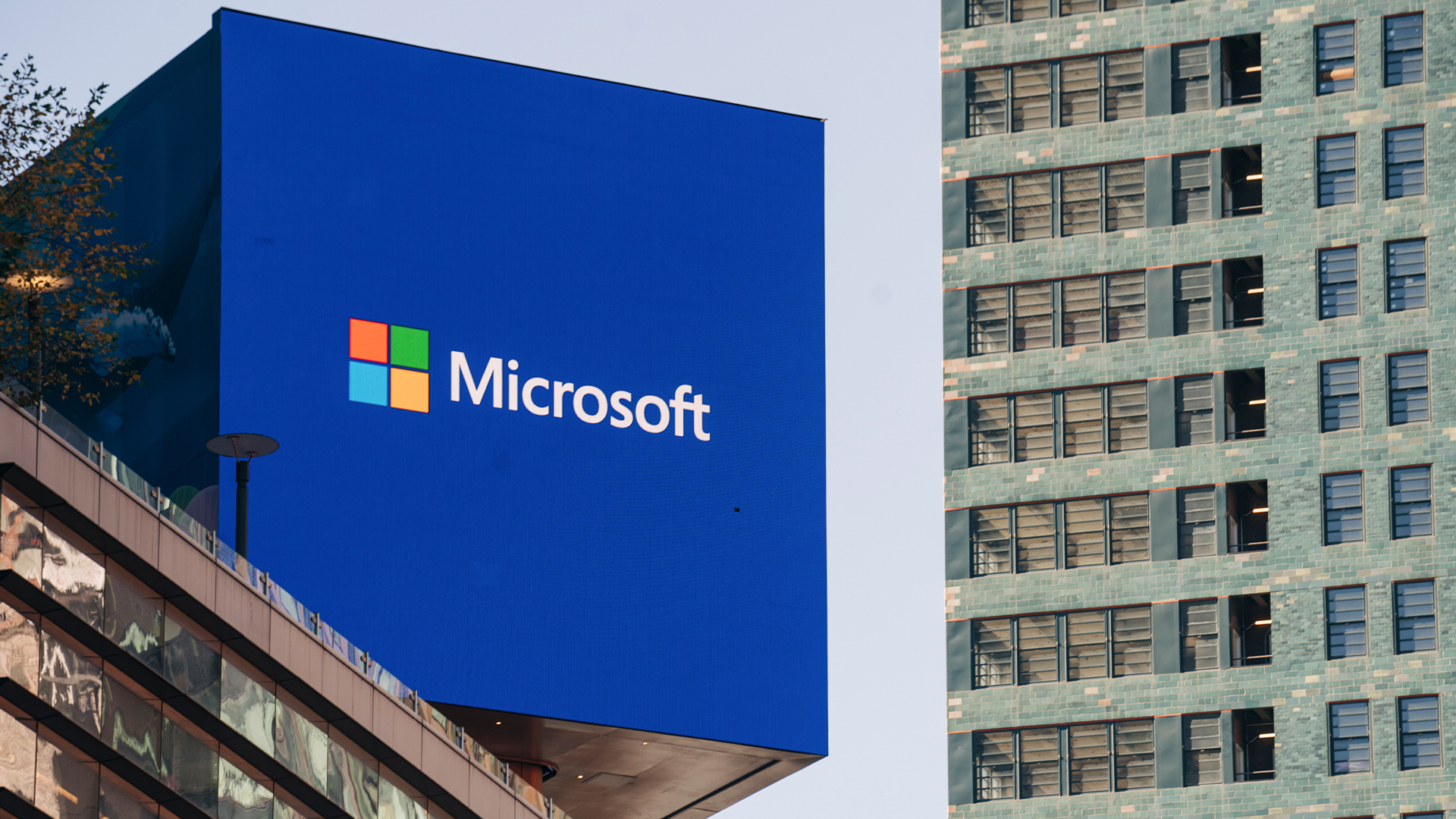 Microsoft's new Agent 365 platform is a one-stop shop for deploying, securing, and keeping tabs on AI agents
Microsoft's new Agent 365 platform is a one-stop shop for deploying, securing, and keeping tabs on AI agentsNews The new platform looks to shore up visibility and security for enterprises using AI agents
-
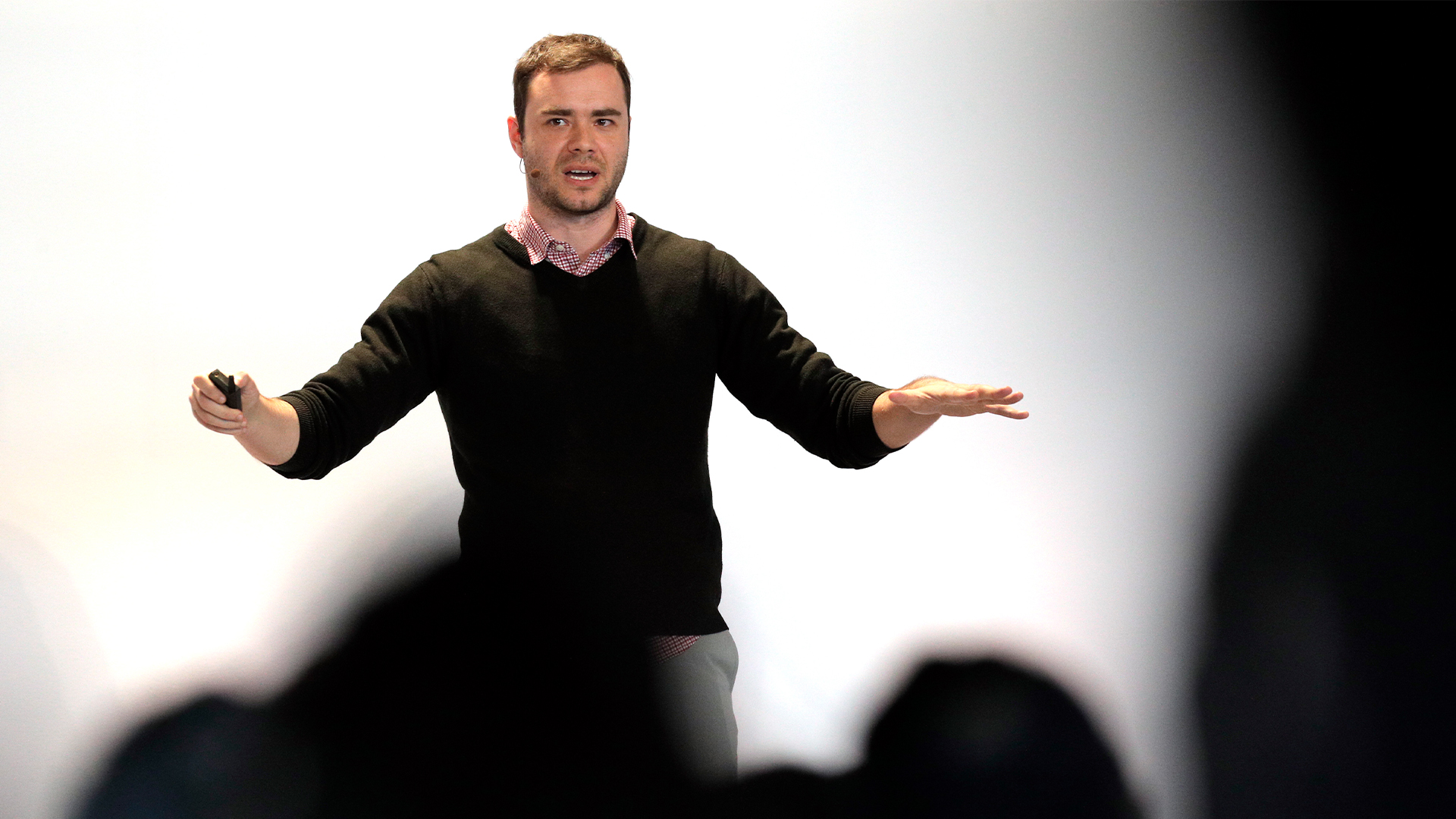 'It's slop': OpenAI co-founder Andrej Karpathy pours cold water on agentic AI hype – so your jobs are safe, at least for now
'It's slop': OpenAI co-founder Andrej Karpathy pours cold water on agentic AI hype – so your jobs are safe, at least for nowNews Despite the hype surrounding agentic AI, OpenAI co-founder Andrej Karpathy isn't convinced and says there's still a long way to go until the tech delivers real benefits.
-
 This new Microsoft tool lets enterprises track internal AI adoption rates – and even how rival companies are using the technology
This new Microsoft tool lets enterprises track internal AI adoption rates – and even how rival companies are using the technologyNews Microsoft's new Benchmarks feature lets managers track and monitor internal Copilot adoption and usage rates – and even how rival companies are using the tool.